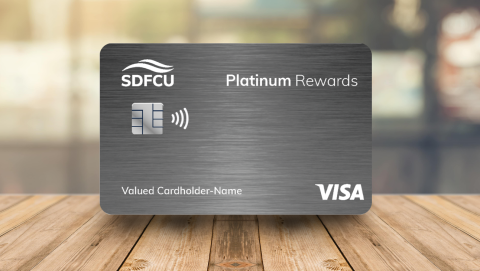What are the Similarities?
Certificates of Deposit (CDs) and Share Certificates both offer long-term solutions to making the most of your money; both have similar terms; and both are safe bets for your cash.
How They Work
CDs and Share Certificates are designed for the long term. You put money in, and the longer your term, the more dividends / interest you earn when you withdraw. Consumers like them because the rates tend to be higher than other savings accounts.
However, the dividend / interest earned is fixed when you open the account. This is nice if interest rates go down, but if they rise, your earnings won’t be worth as much. Click here to get our Certificate rates.
Long-Term Security
Another reason these products are popular as a long-term strategy is security. Share Certificates are federally insured by the National Credit Union Administration (NCUA) up to $250,000, while CDs at banks are insured by the FDIC. Your money will stay safe for the life of the account.
Early Withdrawal Penalties
Because the terms typically range from several months to several years, consumers can face strong penalties for early withdrawal. In fact, sometimes the fees are so high that they negate your earnings from the account. Familiarize yourself with the fees upfront.
Learn how SDFCU share certificates can earn you a higher return on your savings over a specific period of time, determined by you. We have Share Certificates, IRA Certificates and Bump-Up Certificate options.










